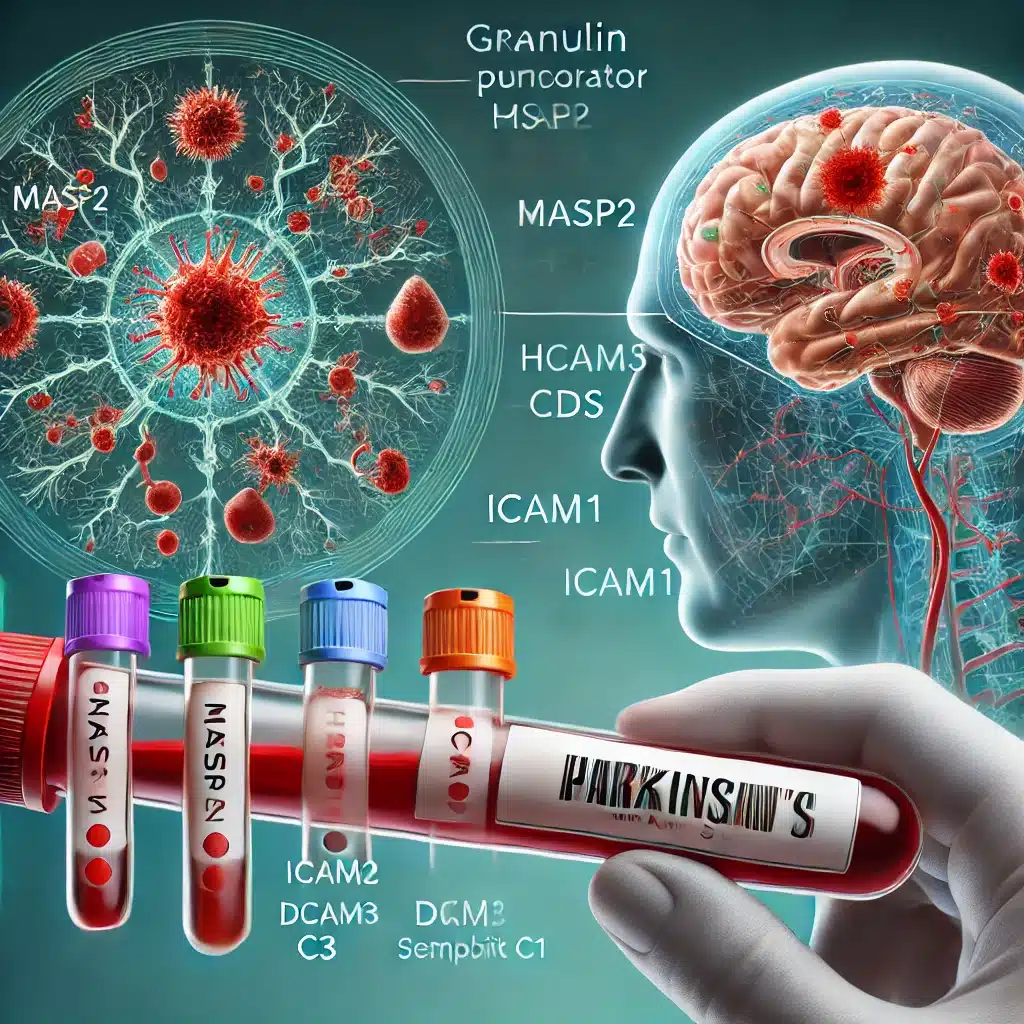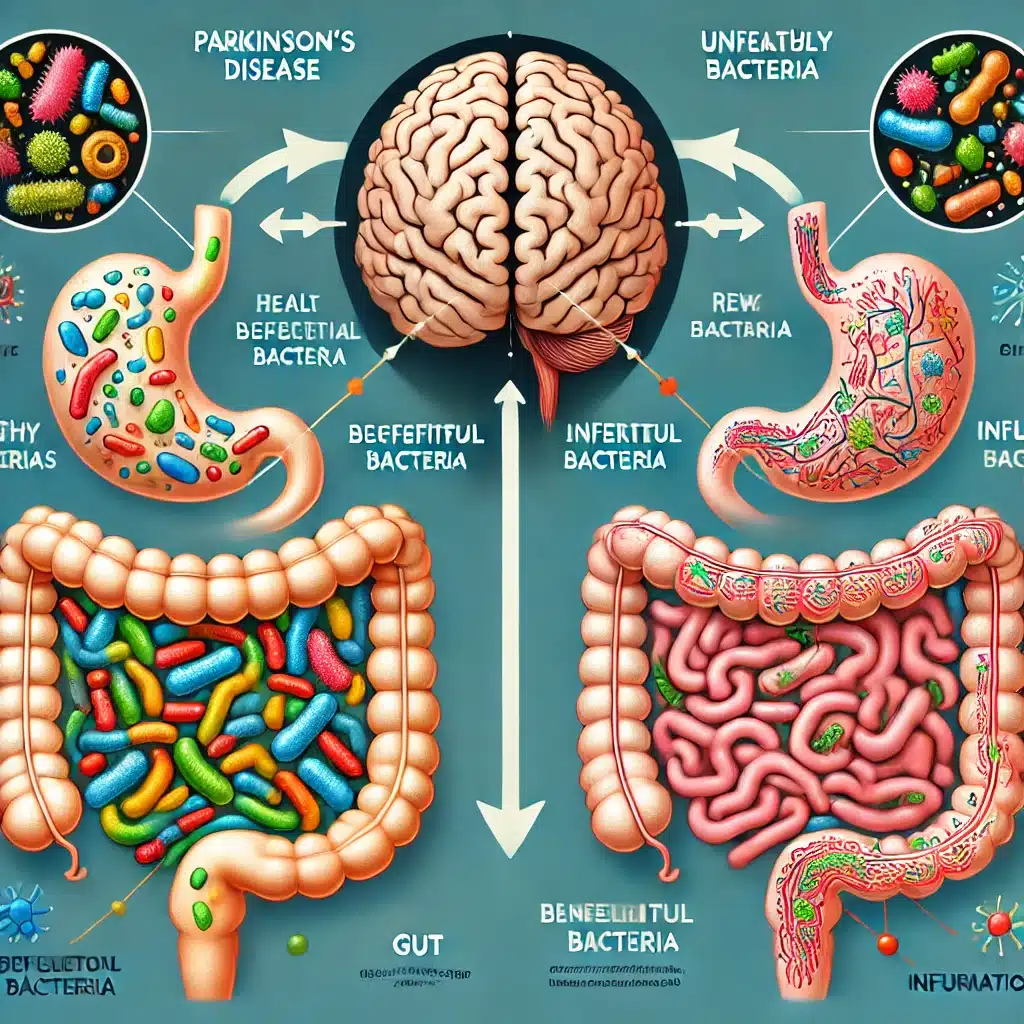High Zinc Levels Linked to Increased Risk of Parkinson’s Disease (2024 Study)
Zinc levels were found to have a causal effect on the risk of Parkinson’s disease, while other oxidative stress biomarkers showed no significant association. Highlights: A study identified a significant causal relationship between higher zinc levels and increased risk of Parkinson’s disease (PD). No causal effects were found between PD and other oxidative stress biomarkers …










